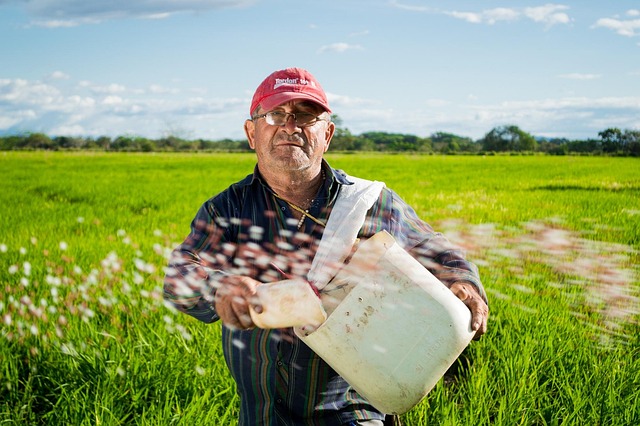In our fast-paced lives, it’s easy to overlook the delicate balance that sustains our planet’s ecosystems. The rehabilitation of plants, particularly in our gardens, plays an essential role in nurturing the environment while rewarding ourselves with the bountiful gifts of nature. By focusing on eco-friendly practices, we can restore the vibrancy of our green friends, enhancing the beauty of our outdoor spaces while contributing to a healthier planet.
Understanding the significance of the rehabilitation of plants means recognizing that our gardens are not merely decorative spaces; they are vital ecosystems that support a myriad of life forms. Plants play a crucial role in purifying the air, providing habitats for insects and small animals, and even supporting other plants through complex root systems and shared nutrients. When we allow our gardens to thrive, we embrace the beauty of nature and cultivate a sanctuary of serenity where we can reconnect with the Earth.
Consider starting your journey by assessing the current state of your garden. Are there areas suffering from poor soil, disease, or invasive species? Identifying these issues is the first step towards rehabilitation. One of the most effective ways to rejuvenate your garden is to improve soil health. Incorporating organic compost and natural mulch not only enriches the soil but promotes beneficial microorganisms necessary for plant growth. This green thumb initiative helps ensure that your plants have the nutrients they need to flourish and engage in their own ecological succession.
Additionally, plant selection is critical when it comes to the rehabilitation of plants. Indigenous species tend to have a higher resistance to local pests and diseases, making them a sustainable choice for your garden. By introducing native plants, we honor the local ecosystem and create a resilient environment that thrives with low maintenance. Picture vibrant wildflowers blooming alongside your carefully cultivated vegetables, inviting bees and butterflies to pollinate and reinvigorate your greenery.
Don’t underestimate the power of companion planting; pairing certain crops can naturally repel pests or enhance growth. For instance, planting marigolds alongside your tomatoes can deter unwanted insects, while cucumbers thrive when planted near beans. This synergy between plants not only beautifies your garden but also supports ecological balance, promoting a lush landscape without harmful chemicals. In essence, eco-friendly gardening fosters a community of plants supporting one another—a testament to the interconnectedness of nature.
Water conservation is another crucial aspect of plant rehabilitation that resonates deeply with eco-conscious gardeners. Implementing rainwater harvesting systems, using drip irrigation, or planting drought-resistant varieties can drastically reduce water consumption. These smart practices not only mitigate water waste but also allow you to maintain a thriving garden that respects natural resources. Observing the resilient life that grows in your garden, you will feel a profound sense of achievement; it is a reflection of your commitment to nurturing the environment.
Pest control can often feel like an uphill battle when it comes to gardening, but the rehabilitation of plants can be a gentle process. Rather than reaching for synthetic pesticides that harm beneficial insects, consider utilizing natural remedies. Introducing predatory insects like ladybugs or utilizing neem oil can keep pest populations in check while protecting the overall ecology of your garden. By choosing natural and organic methods, you preserve the delicate balance of life within your green sanctuary, allowing your plants to flourish harmoniously.
As we engage in the rehabilitation of plants, we not only witness a transformation in our gardens but also within ourselves. Gardening is therapeutic; it fosters mindfulness and provides an escape from the chaos of our daily lives. Tending to our plants cultivates an appreciation for the beauty of nature, reminding us that we too are part of this intricate web of life. So step outside, roll up your sleeves, and embrace the joy of eco-friendly gardening. With every plant you rehabilitate, you contribute to a greener, healthier world for future generations.




